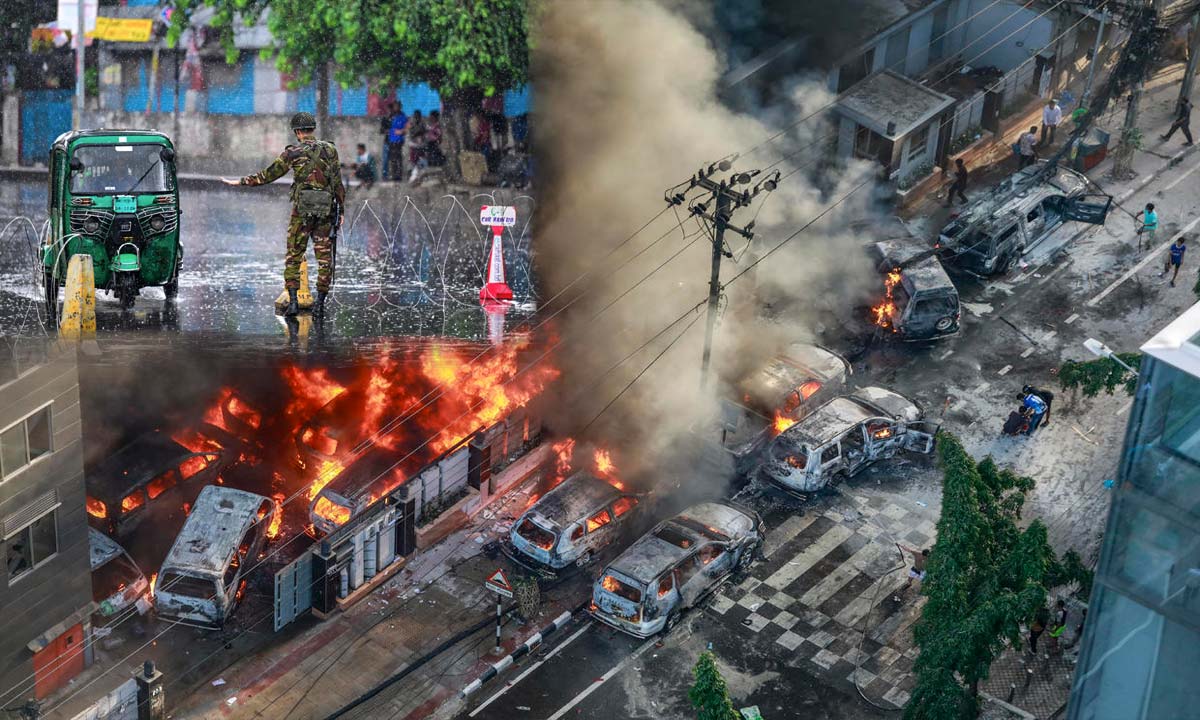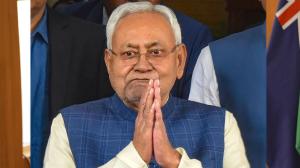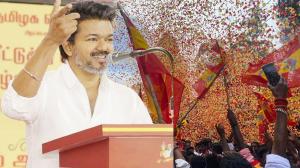
Bangladesh, Dhaka: In response to violent protests over politicized employment quotas in Bangladesh, authorities have arrested over 2,500 individuals, and the death toll has reached at least 174, including several police officers. The unrest, which is among the most severe during Prime Minister Sheikh Hasina's tenure, prompted a curfew, deployment of soldiers nationwide, and an internet blackout. The Supreme Court's decision to reduce the number of reserved jobs for specific groups, including descendants of "freedom fighters," sparked the initial protests, with demonstrators demanding further reforms without bloodshed.
Despite the student-led protest group's temporary suspension of demonstrations, the situation remains tense, with restrictions still in place. The head of Students Against Discrimination reported abductions and beatings of group leaders, heightening fears among protestors. The government's response has drawn widespread criticism from figures like Nobel laureate Muhammad Yunus and diplomats, who have questioned the actions taken by officials and accused them of bias. Government officials, however, blame protesters and the opposition for the unrest.
The Supreme Court's decision to reduce job reservations from 56 percent to seven percent has not satisfied protestors, who demand the complete elimination of the "freedom fighter" category. Prime Minister Hasina has approved a government order to implement the court's judgment, but critics argue the quota system has been used to place loyalists in public jobs. Hasina's government faces accusations of misusing state institutions to suppress dissent and strengthen its hold on power.












